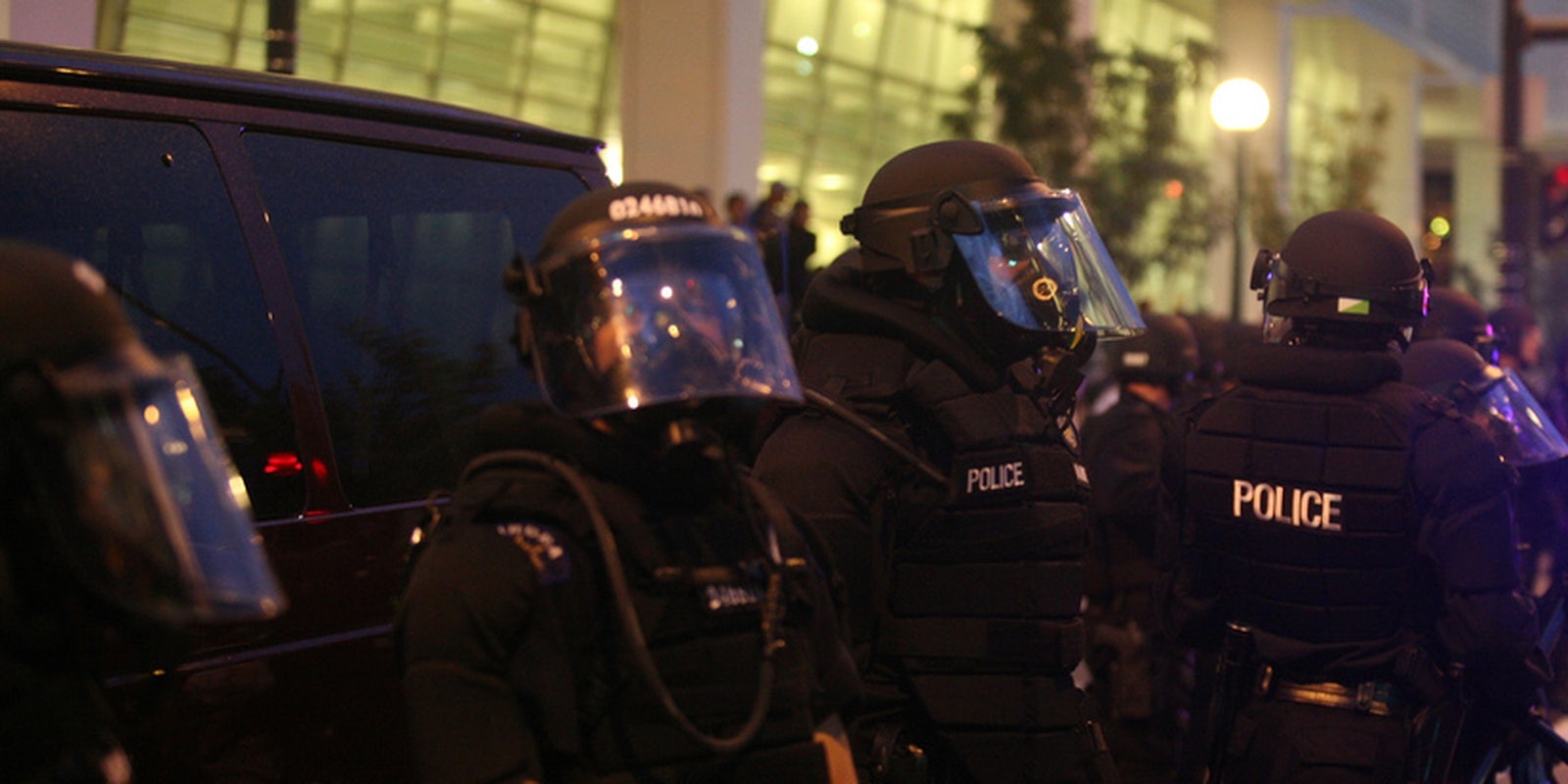Public outrage over National Security Agency spying on U.S. citizens has limited the use of surveillance by local law enforcement, Reuters reported.
At the International Association of Chiefs of Police conference on Sunday, local and state officials discussed how revelations of NSA spying have caused them to reconsidered some of their more aggressive surveillance tactics like license plate scanning and facial recognition software.
Apparently, since former intelligence contractor Edward Snowden disclosed how the NSA collects the phone records, emails, chats, and browsing histories of U.S. citizens, local law enforcement has been under increased pressure to reign in any potentially illegal surveillance activities.
“The scrutiny that the NSA has come under filters down to us,” said the director of the Georgia Bureau of Investigation, Vernon Keenan, at the police conference. According to Reuters, Keenan went on to explain that new surveillance technologies are being developed faster than the laws that govern them. “If we are not very careful, law enforcement is going to lose the use of technology,” he added.
The discussion was not only about the legality of surveillance activities, but of whether or not they went too far. “Imagine instead of driving down the street scanning license tags, driving down the street checking the faces of individuals walking down the street,” Philadelphia Police Chief Charles Ramsey said. “We have to remind ourselves: just because we can do something doesn’t mean we should do it.”
While many have questioned whether Snowden’s leaks will effect a change in U.S. policy, the tenor of the police conference suggests that the national debate about surveillance is having an impact on local law enforcement.
Photo by WEBN-TV/Flickr


